Keywords: Comedy
There are more than 200 results, only the first 200 are displayed here.
-
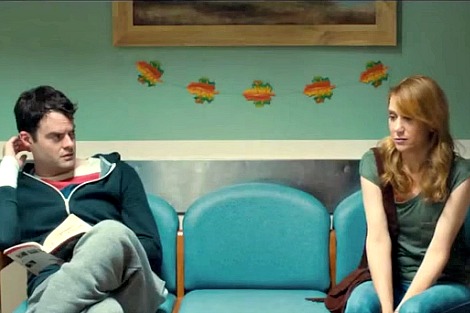
ARTS AND CULTURE
- Anthony Morris
- 25 September 2014
Perhaps the trickiest relationship to show on-screen is the one between siblings, and it’s not just about finding actors who look alike. What The Skeleton Twins tries to tell audiences about damaged people is solid but uninspired: don’t deny your heart, you have to deal with your past rather than bury it… But it’s the chemistry between the two that makes this something special.
READ MORE 
-

AUSTRALIA
- Frank Brennan
- 22 September 2014
5 Comments
Considering my indebtedness to the two Aborigines who met [my family's ship arriving in Hervey Bay from Ireland] 151 years ago, I owe it to all my fellow Australians to agitate these issues of law, morality and politics here in Ireland so that back in Australia, the homeland which, in my religious tradition, was known as the Great South Land of the Holy Spirit.
READ MORE
-
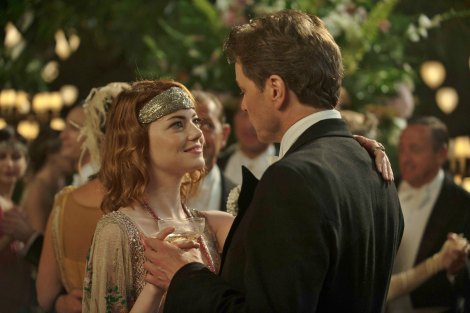
MEDIA
- Megan Graham
- 28 August 2014
3 Comments
While we are all afraid of the unknown, complete certainty and predictability do not make for a vibrant life. Magic in the Moonlight is a film about the lens through which one chooses to see the world. Cynicism or wonder? Mayhem or magic? It poses the question: Which way brings more joy?
READ MORE 
-
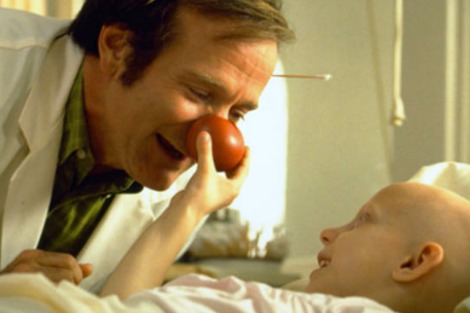
MEDIA
- Megan Graham
- 14 August 2014
16 Comments
As human beings we do all kinds of things to avoid suffering. Drink, drugs, hobbies, television, retail therapy. The list is endless. It is our job to survive and avoid suffering: to huddle around our loved ones, to live and thrive and not let the shit of life get us down. For Robin Williams, it seems avoiding suffering was a very hard task.
READ MORE 
-

EDUCATION
- Ellena Savage
- 08 August 2014
13 Comments
There's a view that most Australians, including the Prime Minister, still have poor speech skills, and that there ought to be some kind of standardised verbal communication skill-level as a prerequisite for politicians, educators and advocates. Personally I'm quite content with an Australia that is accepting of vocal particularities, the flexibility of meanings, and often humorous miscommunications.
READ MORE 
-
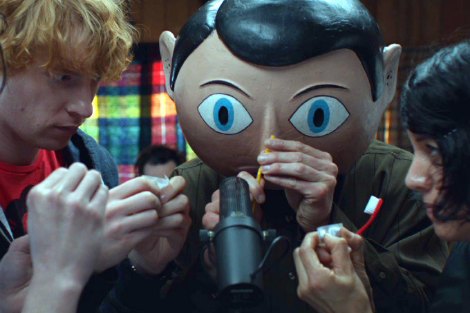
ARTS AND CULTURE
- Tim Kroenert
- 19 June 2014
Mental illness is no laughing matter. Except when it is. Frank is a musical genius, who spends his life with his face concealed inside a comically oversized head. His bandmates are in awe of him, especially starry-eyed keyboard player Jon, who in his naivety envies Frank's illness and the strange creativity that it entails. Things turn ugly when one member of the ensemble commits suicide during the recording of the band's debut album.
READ MORE 
-
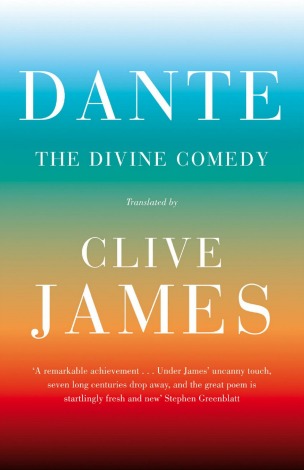
ARTS AND CULTURE
- Philip Harvey
- 10 June 2014
8 Comments
Rumours of his death are greatly exaggerated, but Clive James has since 2010 made a public art of dying. It is in this intense moment of re-evaluation of life that we read his translation of Dante's Divine Comedy. Possibly no great poem is so immersed in the connections between our life here and now with life after death. It's striking that an avowed atheist produces the best poetry in Paradiso.
READ MORE 
-

ARTS AND CULTURE
Given last week's unequivocal iteration of the dire state of Australian politics, perhaps we've earned the right to a bit of escapism. The Secret Life of Walter Mitty proves adept at turning the warm-and-fuzzies up to 11. Still there's no escaping the sense that Walter's ability to jet around the world in order to find himself is implicitly an expression of affluent, white male privilege.
READ MORE 
-
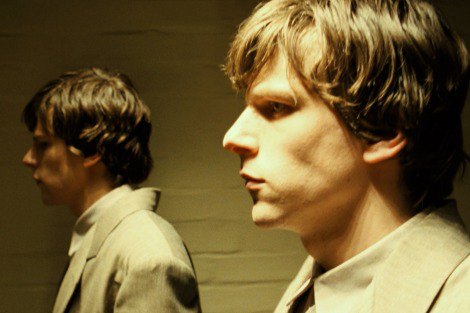
ARTS AND CULTURE
The Double proffers a nightmare vision in which the human spirit is no match for the corrupt and corrupting power of a society obsessed with productivity and material achievement. In a week where we have seen an Australian Budget that gives favour to economic rationalism and the wellbeing of the wealthy, over that of some of our society's most needy citizens, such cynicism resonates powerfully. That is a tragedy.
READ MORE 
-
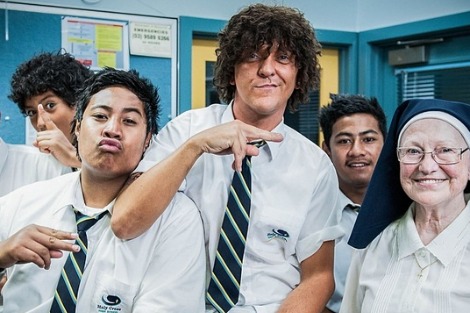
AUSTRALIA
- Michael Mullins
- 12 May 2014
12 Comments
The jury is out on whether Chris Lilley's new ABC1 comedy Jonah from Tonga gives a free kick to racism and other forms of discriminatory behaviour. The prejudices in Lilley's Jonah are depictions of the wounds of Australian society, not the attempt of a far-right ideologue to promote a stratified nation based on race.
READ MORE 
-

AUSTRALIA
- Frank Brennan
- 11 April 2014
8 Comments
'We should abandon talk of taking Australia off the table. We should also abandon talk of taking the sugar off the table. The collateral damage of that is too great. The best we can do ethically and practically is to put the sugar out of reach while leaving it on the table for those who make it here with a visa or in direct flight from persecution.' Frank Brennan contributes to a Palm Sunday panel at St Michael's Uniting Church, Melbourne.
READ MORE
-
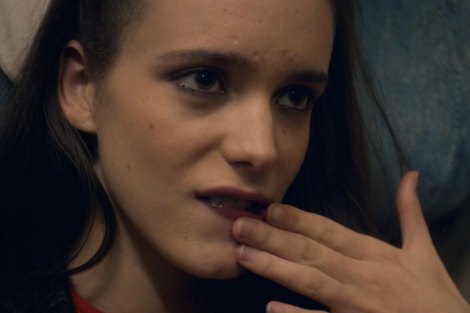
ARTS AND CULTURE
- Tim Kroenert
- 10 April 2014
1 Comment
Sex addicted woman Joe's story is marked by innumerable sexual encounters with random men. Often it is explicit, and thoroughly unpleasant. It culminates in a pointed statement about societal double standards regarding gender and sex. By contrast, Carol's story about trying to get ahead in a man's world is affirming and uplifting at every turn. Both stories are about women and power, but ultimately Carol's is the more empowering.
READ MORE 